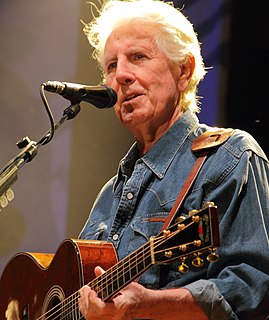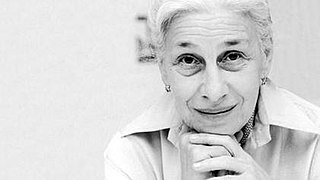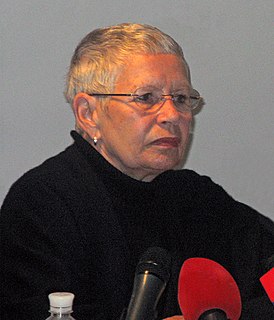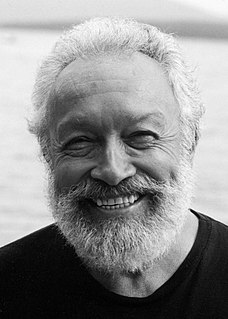A Quote by Roger Deakins
I came up, I suppose, a fairly traditional way. I went to art college. I always wanted to be a stills photographer, really, when I was younger, and I briefly worked as a stills photographer.
Related Quotes
I was fooling around one day and looking at Yahoo! Jobs. I typed in "photo" and, of course, what comes up is "One hour photo lab" or "Be a photographer in Disneyland" or jobs that no one really wants as a photographer. I saw, by chance, this ad that said, "Wanted: Photographer for premieres and Hollywood events" and I thought, "This can not be real. This is ridiculous. No one advertizes this!" I was really suspect about it.
My Dad took a workshop from a photographer who worked at the Toledo Blade, a newspaper I delivered. I knew this photographer's work. My Dad took a night class from him at the University of Toledo. Without that class, I wouldn't have become a photographer, because my Dad came home and taught me what he learned in class.
I always feel I had a very lucky life. For example, I sure didn't want to go in the army: when I was drafted in the Korean War, I wanted to go as a photographer. But luckily, they put me in the infantry - luckily because the official photographer was photographing the medal awarding and all the official situations.




































